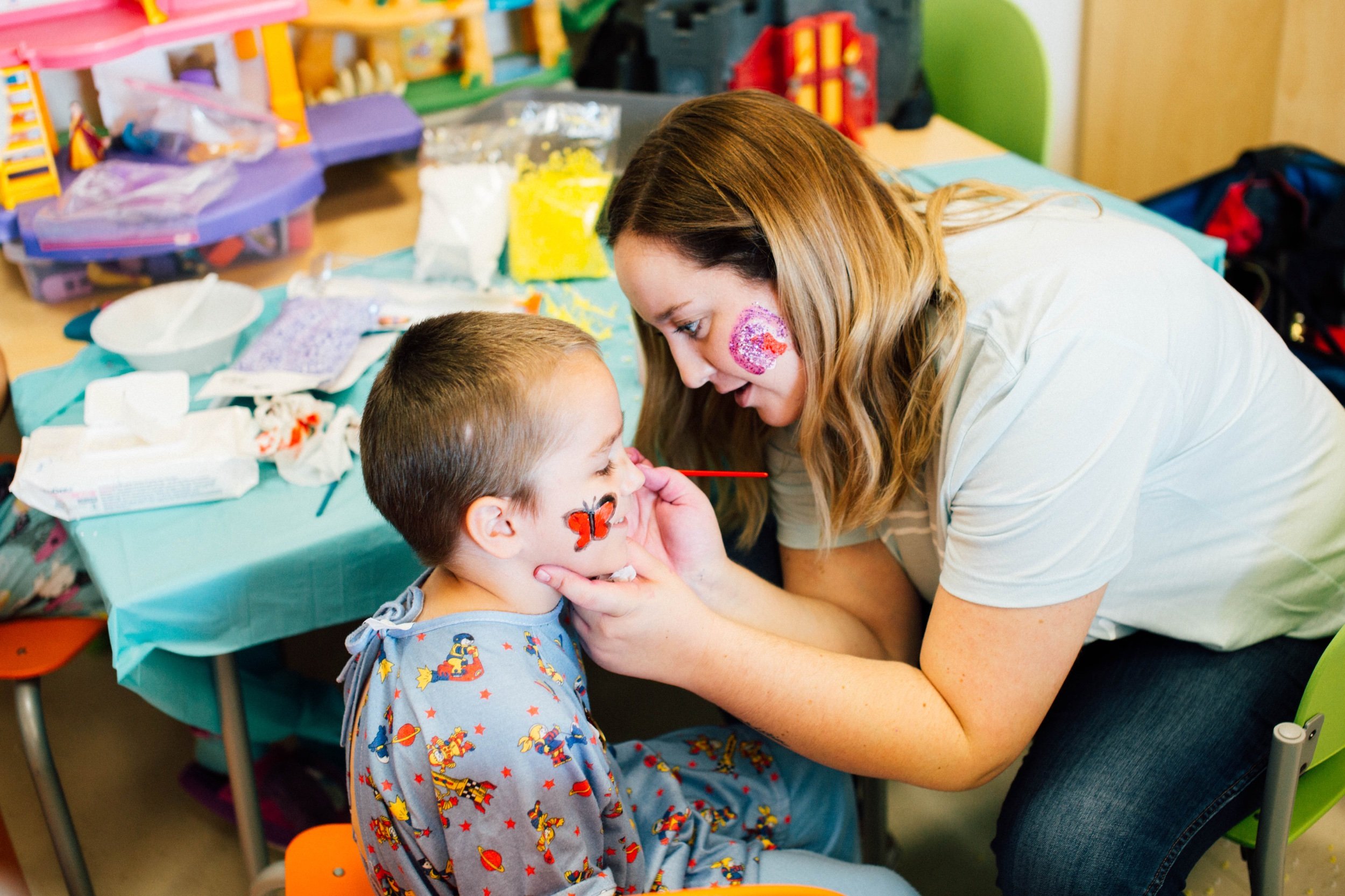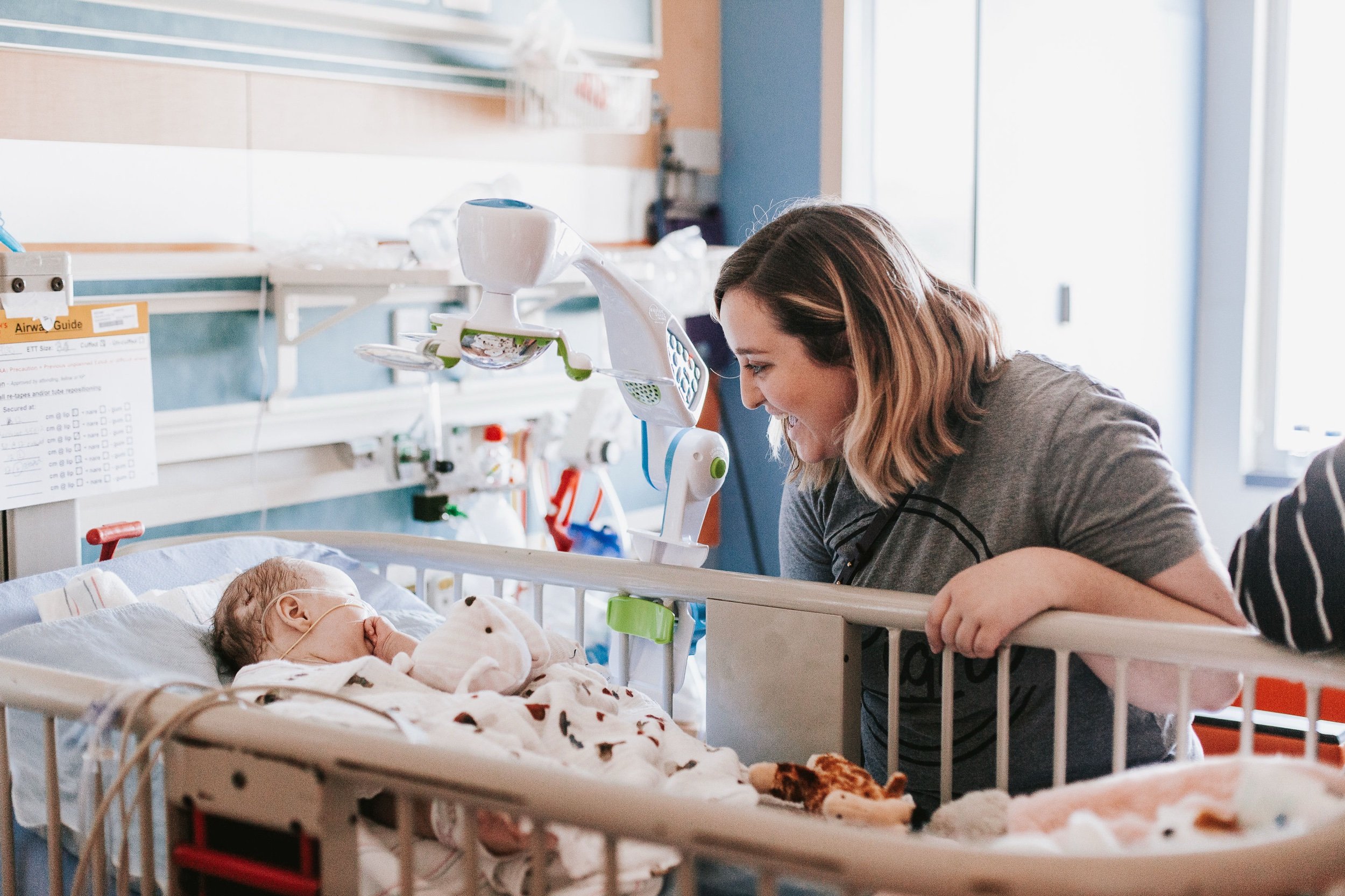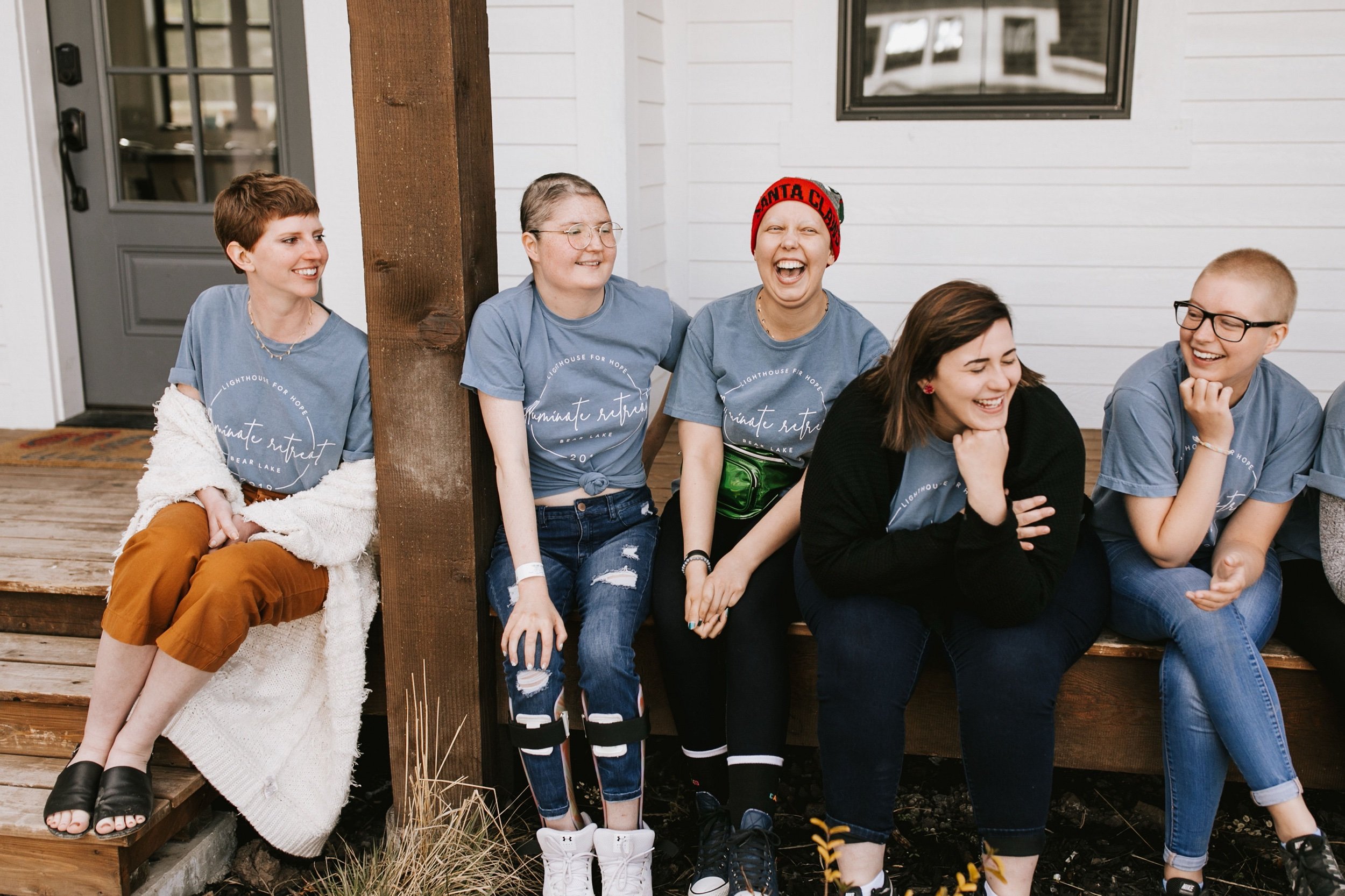
Our Mission
Lighthouse For Hope strives to give pediatric cancer and blood disorder patients and their families the hope to fight, heal, and recover through providing critical emotional and financial support.
Why Lighthouse For Hope?
Founded by a Pediatric Cancer Survivor – Our founder, Hannah, has personal experience as a childhood cancer survivor which gives Lighthouse For Hope a deeply personal perspective on the challenges families face. We don’t just support families—we truly understand them. This lived experience shapes our approach, ensuring our programs are designed with compassion, insight, and first-hand knowledge of what families need most. Because Hannah has personally walked this path, she has a unique ability to truly see families, understand their needs, and respond with direct, meaningful support.
Personal & Direct Impact - Whether it’s helping cover rent, paying for groceries, or ensuring a child has a special gift during the holidays, we step in efficiently, and with a personal touch. We see that each family gets what they truly need, when they need it. This financial support doesn’t have to come in the form of gas cards or assistance with groceries - we have provided families with mattresses, strollers, cribs, tires, refrigerators, and airfare assistance. We have even purchased a dress for a mother to wear to her child’s funeral - our approach is tailored and intimate.
Emphasis on Emotional Peer Support – Cancer is isolating, and families facing a diagnosis often feel like no one truly understands their journey. That’s why we prioritize emotional peer support alongside financial assistance. Through the ‘Hope Families’ and Illuminate Retreat programs, we create a network of families supporting families—ensuring no one feels alone. Research shows that peer support significantly improves mental health outcomes for both cancer fighters and their loved ones, and Lighthouse For Hope fosters these vital connections.
We address a critical gap in care—the immediate, day-to-day financial and emotional burdens families face when their child is battling cancer or a blood disorder. At Lighthouse For Hope, we believe in seeing people, meeting them where they are, and responding with action.
Our Impact
Since 2015, Lighthouse For Hope has helped hundreds of families battling pediatric cancer and life-threatening blood disorders, ensuring they have access to essential resources and emotional care.
Lighthouse For Hope is a community leader in pediatric cancer and blood disorder outreach that serves through our equitable and unsurpassed compassion, care, and relentless spirit for children and their families.
10
YEARS OF LIGHTING THE WAY
292
FAMILIES SUPPORTED THROUGH OUR ‘HOLIDAYS FOR HOPE’ PROGRAM
40
ILLUMINATE ATTENDEES
$1,000,000
OVER $1 MILLION DISTRIBUTED IN OVERALL PROGRAMMING SUPPORT OVER THE LAST 10 YEARS
Why Childhood Cancer?
Only about 4% of the U.S. federal funding for cancer research is dedicated to pediatric cancers.
Cancer is the leading cause of death by disease among children in the United States.
Many childhood cancer survivors face long-term health issues due to their treatment, including secondary cancers, heart and lung problems, and developmental or cognitive impairments.
Lack of funding leads to fewer new treatments and clinical trials specifically designed for children.
40% of monthly income (on average) goes to cancer-related costs that are not direct medical bills such as transportation, decreased income, and relocation for treatment.



























